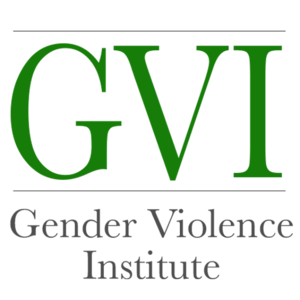The U.S. Department of Justice, Office on Violence Against Women (OVW), recently released its 2020 grant solicitations focusing on the intervention and prevention of domestic violence, dating violence, sexual assault, and stalking. (Link to the grants: https://www.justice.gov/ovw/open-solicitations ) Many of them address the criminal and civil justice system, Tribal Governments, rural programming, and other underserved populations with a specific emphasis on changing systemic responses to these crimes to increase victim safety and autonomy, offender accountability, and shift the responsibility for ending the violence from the victim to the community.
In 1983, Rose Thelen and Chuck Derry started the St. Cloud Intervention Project (SCIP). Modeled after the Duluth Domestic Abuse Intervention Project, the first Coordinated Community Response (CCR) in the country, SCIP was a program of the community-based shelter. SCIP coordinated advocates, the criminal and civil justice system and human services to implement immediate advocacy, investigative, prosecutorial, and rehabilitation protocols that enhanced victim safety and offender accountability. “Evidence-based” rather than “victim dependent”, these protocols dramatically increased the effectiveness of the community response to domestic violence. Prior to SCIP, the arrest rate for domestic violence-related calls was 25%. Two years later, after protocol implementation, training, and evaluation, the arrest rate for domestic violence-related calls rose to 85%. Of those arrests, 92% resulted in prosecution, with court-ordered batterers intervention programming as a condition of probation.
The impact of these changes on victim’s lives in the St. Cloud area was dramatic! Hundreds of those who previously were beaten and suffering daily from the threat and reality of physical and sexual assault; emotional and economic abuse, isolation, abuse of their children, male privilege, and domestic servitude could now count on a system organized to send a clear, just, and coordinated message to their abusers that the violence must stop. Where previously they had little hope for assistance, the victims now had the opportunity to lead safe and independent lives. Since that time, many protocols have been developed nationwide to more effectively intervene and prevent domestic violence and Thelen and Derry have been providing training and technical assistance to communities seeking to develop and implement them.
Experience has shown that an effective coordinated community response provides a framework for developing and integrating best practice protocols for the investigation and prosecution of domestic violence. They also provide ongoing evaluation and training. Together these activities enhance safety for victims and offender accountability while removing disparate impacts on historically marginalized communities. We encourage victim advocacy programs, law enforcement agencies, prosecutors, and criminal and civil courts, to apply for these OVW grants to establish CCRs that have a central role for advocacy programs while holding offenders accountable for stopping the violence.
These OVW grants are a welcome opportunity for urban, rural, and Tribal communities to enhance their policies, protocols, and training when it comes to investigating and prosecuting domestic violence, and our hope is that these grants will lead to wider adoption of the CCR model.
When focused on systems change, a CCR works!

